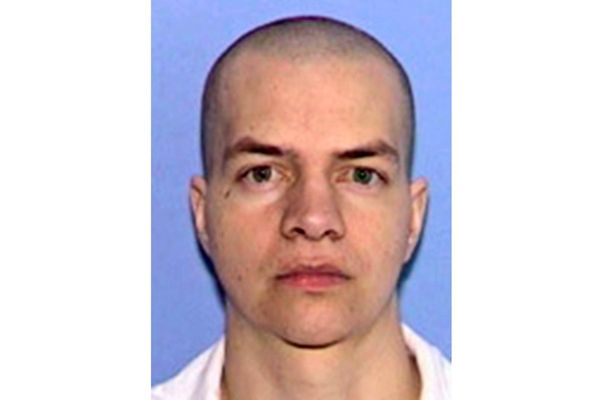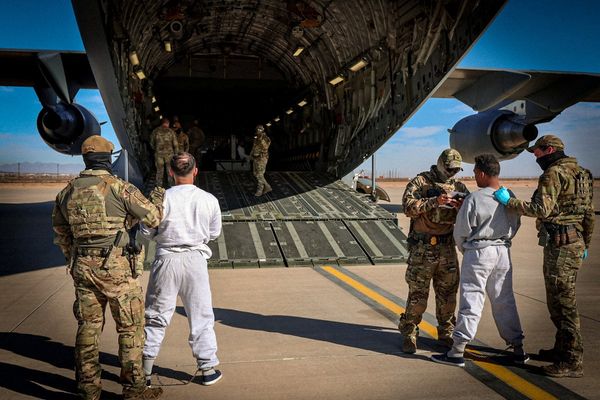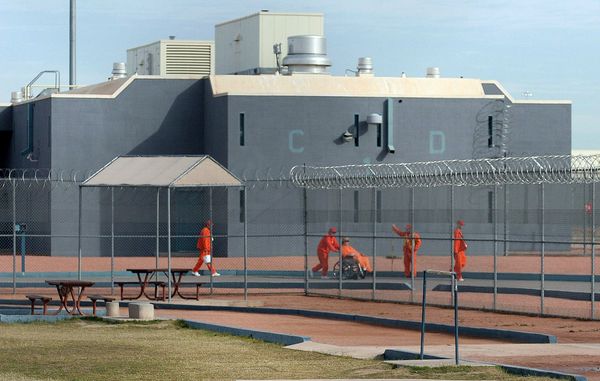
United Nations experts have questioned Australia’s “will” to comply with its international human rights obligations, as hopes of meeting an impending deadline hang by a thread.
Australian officials faced questioning from the UN Committee Against Torture at a hearing in Geneva last week, with scrutiny on rising rates of incarceration, the continued use of spit hoods, the disproportionate Indigenous incarceration rates, and the treatment of detainees in immigration detention centres.
The committee also zeroed in on Australia’s compliance with the Optional Protocol to the Convention Against Torture (OPCAT), which it ratified in 2017 and has just two months left to implement.
Under the protocol, signatory nations must allow a UN group to have unfettered access to places of detention, and must establish independent inspectors of places of detention, known as National Preventive Mechanisms (NPMs).
In Australia, these mechanisms are to be established by the states and territories.
After delaying its deadline to implement these measures several times, Australia now has until January 20 next year. It looks set to miss on both counts, after a UN visit last month was suspended after being “compromised” by a lack of cooperation, with the three largest states refusing to budge on launching NPMs until provided funding.
This argument was rejected during Australia’s appearance before the UN, with committee member Ilvija Pūce acknowledging the debate in Australia on whether the states or the federal government should pay for the NPMs.
“But looking at the situation from our perspective as outside observers and noticing the huge amount of financial resources that Australia puts into their prison systems, then we don’t think that financing of NPMs is really a financial problem,” Pūce said.
“It could be more of a problem of the will of particular responsible entities to deal with this problem, but we still hope very much that this issue will be solved and the NPMs will be established, and will be financially and operationally independent.”
Under the OPCAT, NPMs must be independent and properly resourced, something many of the existing Australian inspectors are not.
“We know cars don’t move without fuel, and fuel we can’t buy without money, and it’s an issue in many countries that the bodies are designated the task but the finances are not provided,” Pūce said.
Australia’s delegation head, Attorney-General’s Department deputy secretary Simon Newnham, said funding discussions are ongoing with the states, nearly five years after the agreement was ratified.
“They are currently calculating the cost of the gap of their existing frameworks and bodies and their requirements under OPCAT, and asking about the costs associated with bridging that gap. That work continues,” Newnham said.
Newnham confirmed that the implementation of the protocol and its impending deadline will be discussed at the upcoming meeting of Australian attorneys-general next month.
Australia’s implementation of the anti-torture convention was also questioned by the UN Committee. The federal government has confirmed Australia will first focus only on “primary” places of detention, such as prisons, and not include all places of detention, such as closed aged care facilities.
“Places of detention are all places people are deprived of their liberty,” Pūce said. “It should be up to the NPMs to decide which of those places request more detention, and in which moment.”
The appointed NPMs for the Commonwealth, ACT, Northern Territory, South Australia and Western Australia co-signed a letter on Monday urging the hold-out states to comply with the OPCAT.
“Where they have not yet done so, we call on all Australian governments to appoint NPMs, to legislate their role and powers, and to resource them to fully discharge their mandate to carry out preventive visits to places of detention to help prevent harm to children and young people,” the letter said.







